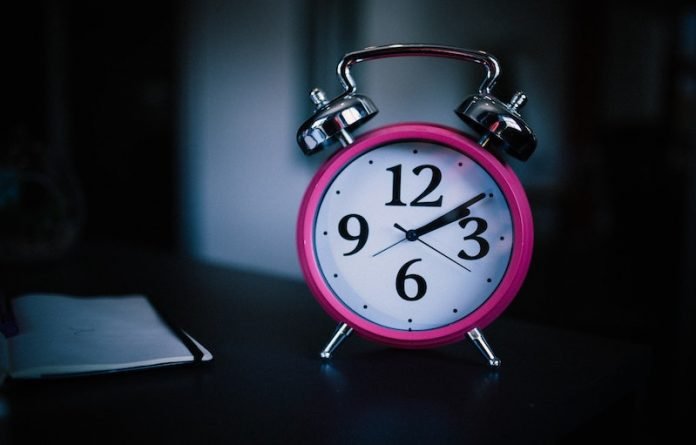
Scientists from Tulane University found that people with the healthiest sleep patterns had a 42% lower risk of heart failure regardless of other risk factors compared to adults with unhealthy sleep patterns.
Healthy sleep patterns are rising in the morning, sleeping 7-8 hours a day and having no frequent insomnia, snoring or excessive daytime sleepiness.
The research is published in Circulation and was conducted by Lu Qi et al.
Heart failure affects more than 26 million people, and emerging evidence indicates sleep problems may play a role in the development of heart failure.
In the study, researchers examined the link between healthy sleep patterns and heart failure and included data on 408,802 UK Biobank participants, ages 37 to 73 at the time of recruitment (2006-2010).
Incidence of heart failure was collected until April 1, 2019. Researchers recorded 5,221 cases of heart failure during a median follow-up of 10 years.
The measures of sleep quality included sleep duration, insomnia and snoring and other sleep-related features, such as whether the participant was an early bird or night owl and if they had any daytime sleepiness (likely to unintentionally doze off or fall asleep during the daytime).
The team found people with the healthiest sleep pattern had a 42% reduction in the risk of heart failure compared to people with an unhealthy sleep pattern.
They also found the risk of heart failure was independently associated and 8% lower in early risers; 12% lower in those who slept 7 to 8 hours daily; 17% lower in those who did not have frequent insomnia; and 34% lower in those reporting no daytime sleepiness.
The findings highlight the importance of improving overall sleep patterns to help prevent heart failure.
If you care about sleep, please read studies about drug that could help treat insomnia, sleep loss, and how to sleep to prevent Alzheimer’s disease.
For more information about sleep, please see recent studies about drugs that can lower severity of sleep apnea by one third, and results showing this herb may help you sleep well at night.
Copyright © 2022 Knowridge Science Report. All rights reserved.



